High fashion is where couture reigns supreme and labels become legends, and there exists a psychological mind game woven with threads of desire, status, and identity
High fashion, with its opulent creations and exclusive experiences, has always intrigued and captivated us. But what fuels this fascination? What compels us to covet that designer handbag or to yearn for those iconic red-bottomed shoes? It’s a question that goes beyond craftsmanship and surpasses material possessions. It’s a complexity of desires, a subtle dialogue curated and produced by fashion houses, and a reflection of our deepest aspirations. In this exploration, the runway is our red carpet and the psychology behind it all is the star of the show.
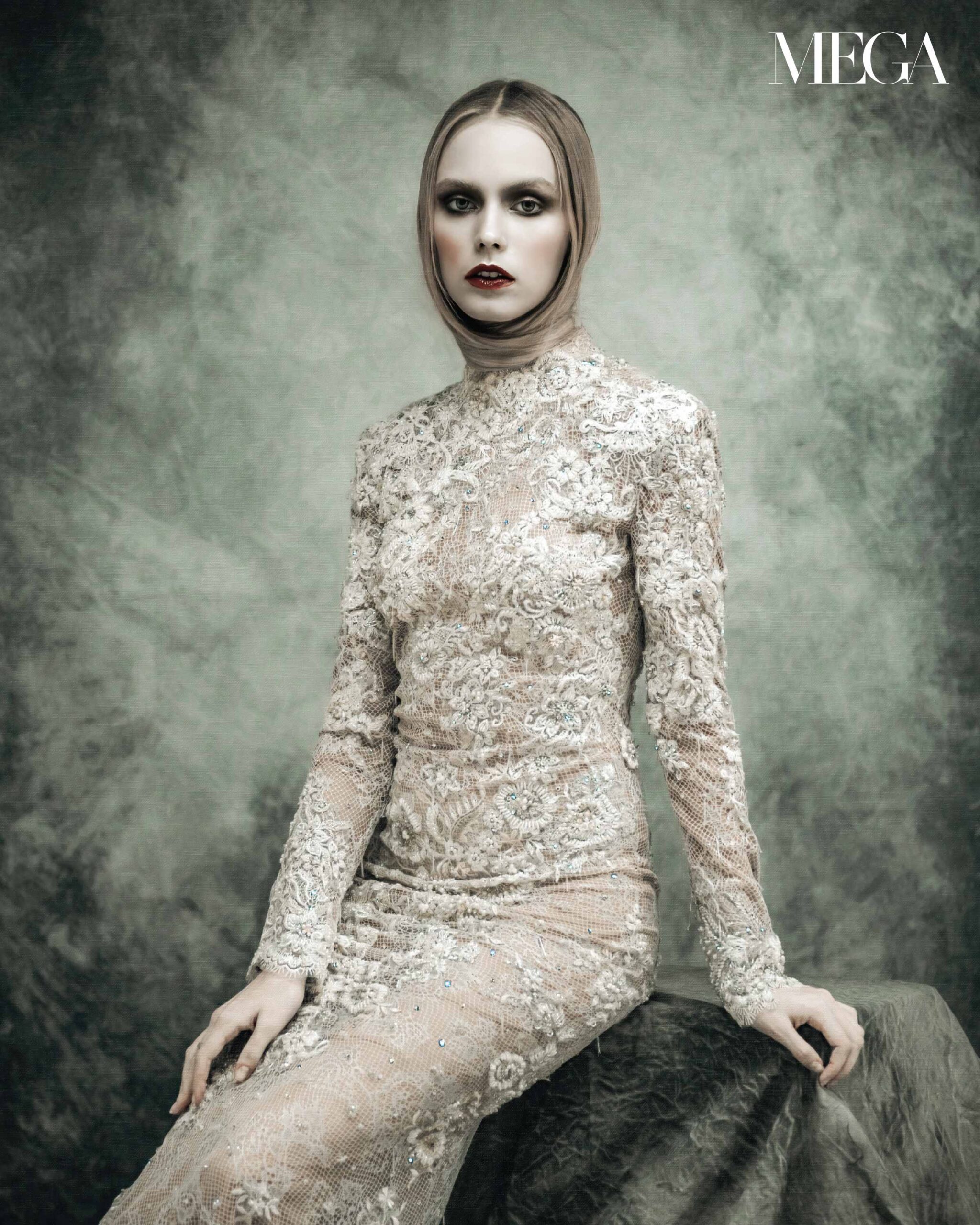
Luxury as a language of desire
Have you ever wondered why you find yourself wishing for that designer handbag or lusting after those red-bottomed shoes? It’s not just about the craftsmanship; it’s a sound of desire produced by luxury brands. They speak a language of opulence, an eloquent dialect of aspiration, and a siren call to our inner desires.
Consider this: When you don a luxury brand, you’re not merely wearing its clothing; you’re assuming a persona. It’s a profound psychological transformation that transports you to a different stratum of society. Suddenly, you’re not just yourself as you’ve become the embodiment of elegance and prestige.
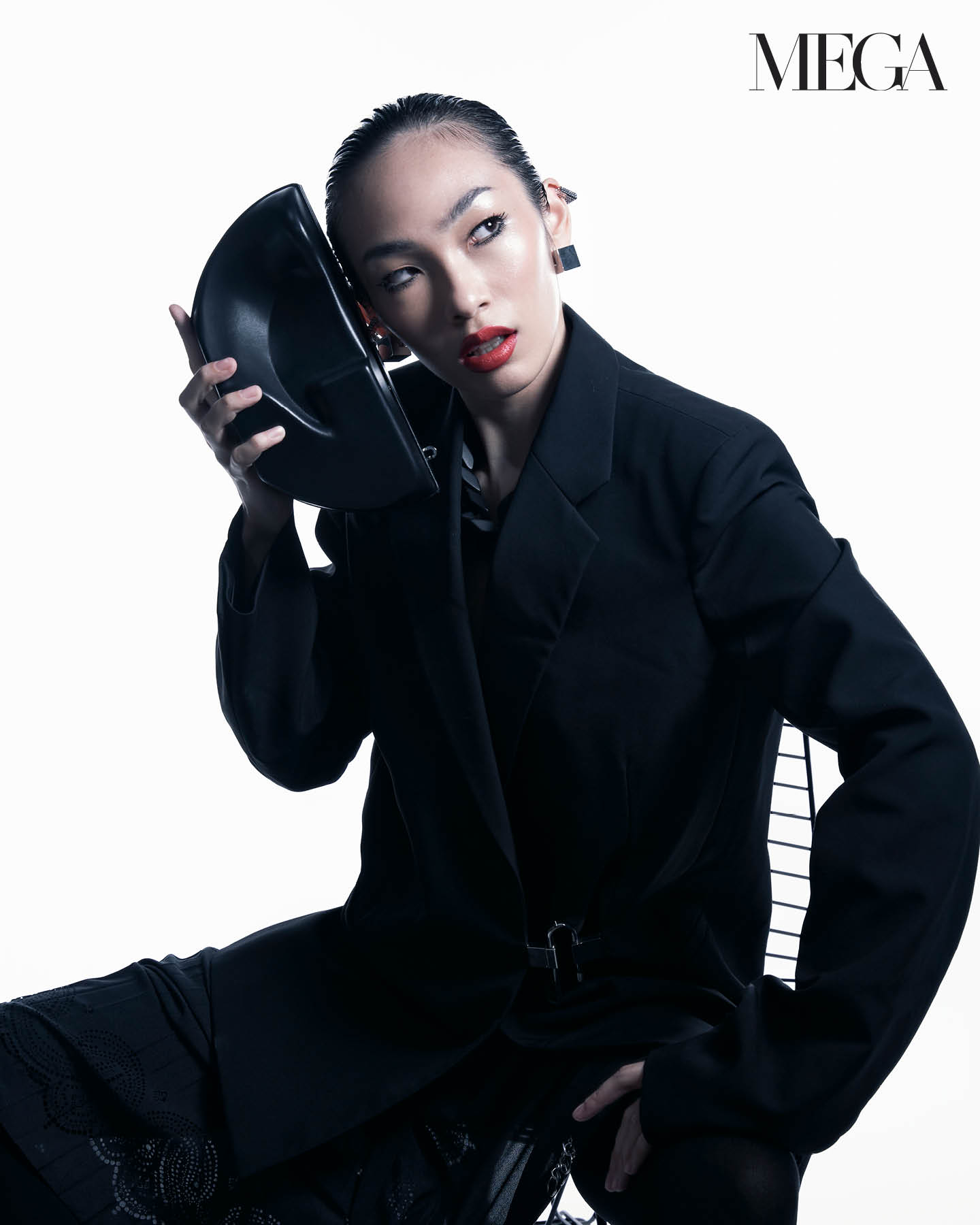
The allure of exclusivity
Imagine walking past the pristine façade of a luxury boutique, where polished glass showcases shimmer with opulent creations. Your heart quickens as you approach, and just beyond the threshold, you see it—the piece that captures your imagination, the embodiment of your desires. It’s a world few have access to, and it’s this exclusivity that beckons you forward. Suddenly, it’s a drug.
At the heart of the allure of exclusivity lies a fundamental human yearning—the desire to belong. It’s an intrinsic part of our nature to seek acceptance and recognition from our peers. Luxury fashion capitalizes on this by creating an environment where being a part of the “in-crowd” becomes a tangible reality. A couture dress is a membership card to a club of tastemakers, trendsetters, and connoisseurs of elegance. It fulfills the innate human desire to be a part of something exclusive, something extraordinary.
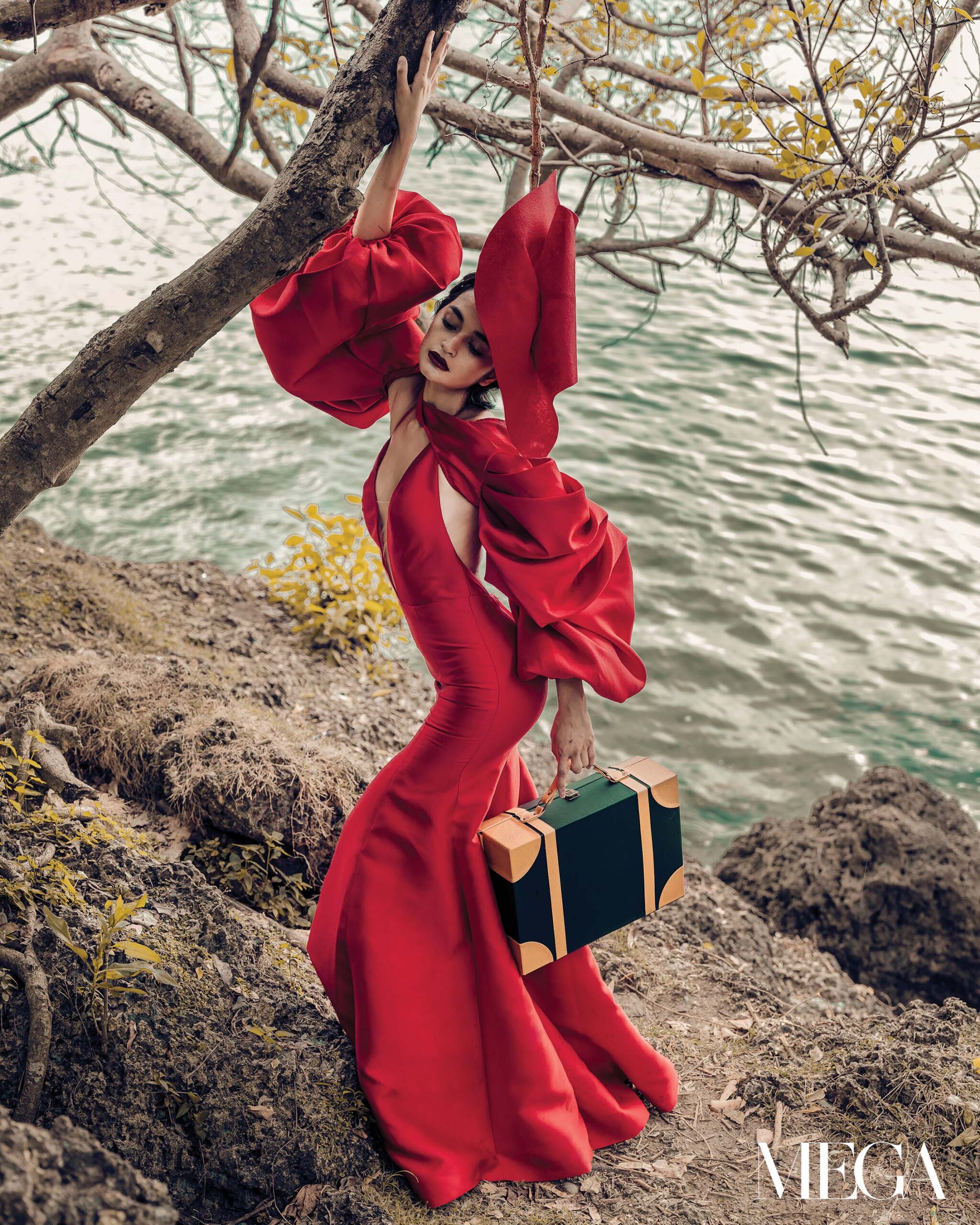
Luxury brands are the gatekeepers of exclusivity. The world of high fashion is no stranger to the velvet ropes that demarcate the privileged from the ordinary. Exclusivity is often intertwined with scarcity. Limited edition releases, one-of-a-kind pieces, and unique collaborations amplify the sense of exclusiveness. When you know that only a handful of individuals in the world can own a particular item, it transforms the act of acquisition into a triumph, a statement of your ability to obtain the unobtainable.
The clothes we wear, the statements we make
Consider for a moment the act of getting dressed each morning. It’s not merely a matter of covering our bodies but an intentional ritual of self-representation. The clothes we select communicate volumes about our personality, mood, values, and aspirations. They are our chosen words in a visual language that others can interpret.
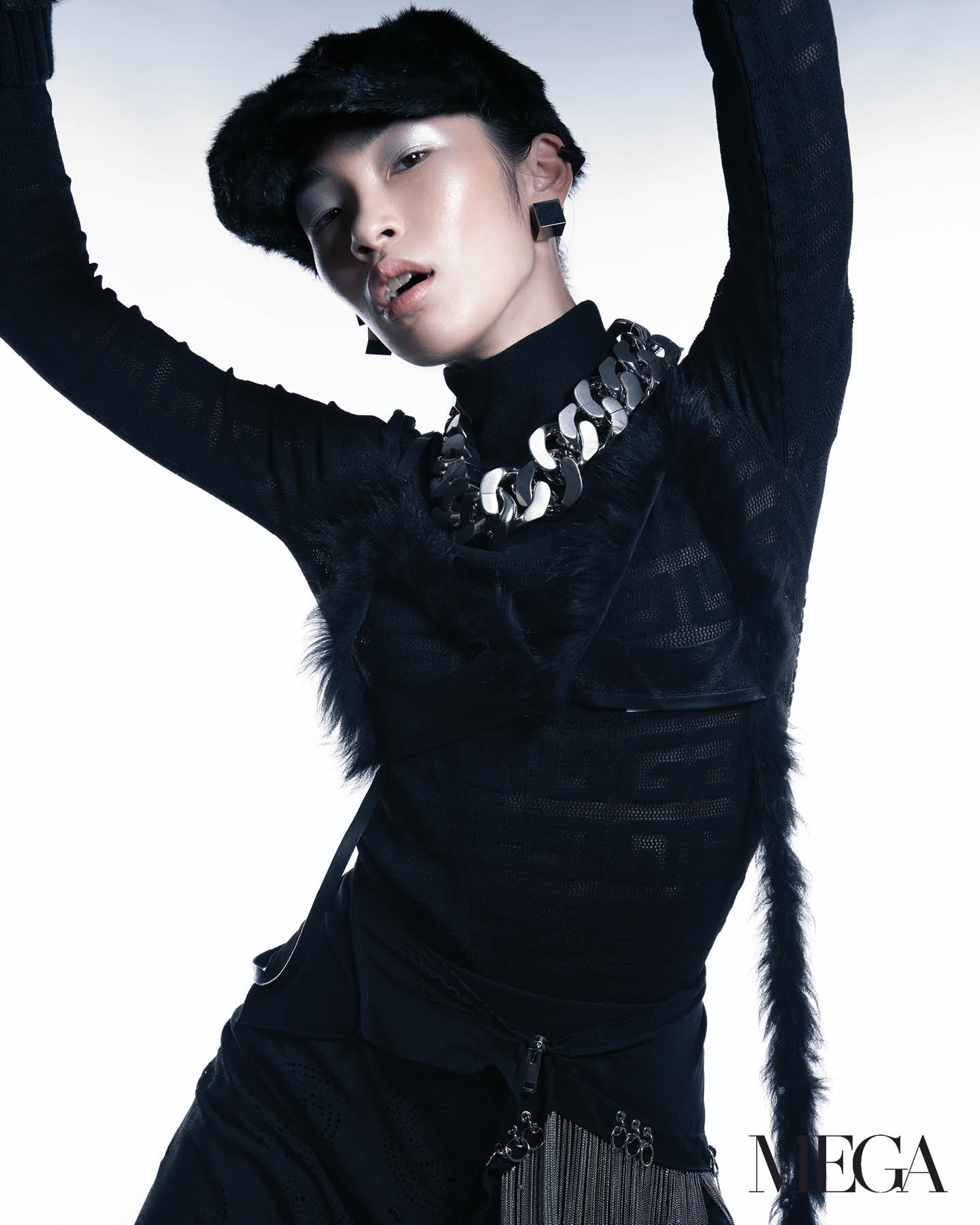
It’s a form of self-expression, and luxury brands are the most vivid colors on that palette. When you choose a designer piece, you’re not just dressing—you’re making a statement. You’re declaring your taste, your values, and your aspirations to the world.
The ethical conundrum
All that glitters is not gold, and we can’t ignore the shadows lurking in its glittering corners. The allure of luxury often comes with ethical dilemmas. Where elegance and opulence rule, a shadowy truth often lurks beneath the glamorous surface. It’s a complex ethical conundrum that beckons us to confront our values and principles in the face of alluring luxury. From labor practices to sustainability, the fashion industry has its share of skeletons in the closet. The question then becomes, can you reconcile your love for luxury with a conscience that seeks justice and sustainability?
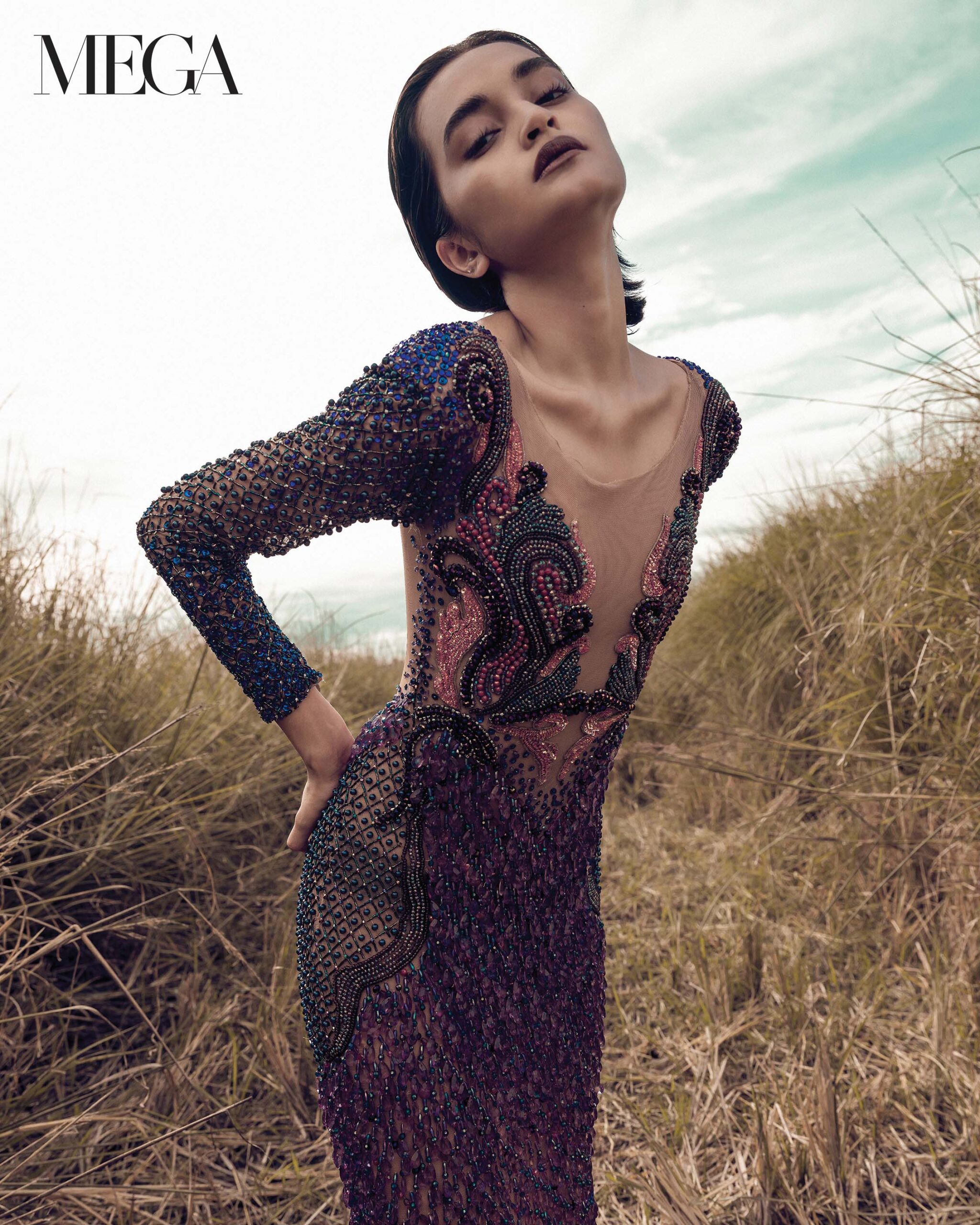
The process of creating haute couture and designer pieces is a meticulous craft that demands skilled artisans. However, it’s no secret that some luxury brands have faced scrutiny for their labor practices. Behind the runway glitz and glamour, there are stories of underpaid workers, grueling hours, and sometimes even exploitative conditions. Luxury fashion often comes with a high environmental cost. From resource-intensive production methods to excessive waste, the industry is not always kind to the planet. Additionally, the constant pursuit of the latest trends leads to fast fashion, which generates vast amounts of textile waste.
In recent years, there has been a growing awareness of the need for sustainability in fashion. Some luxury brands are making strides toward responsible practices, embracing eco-friendly materials, and implementing ethical labor standards. However, the journey towards sustainability is ongoing, and not all luxury houses have fully embraced this ethos. Still, we can’t ignore the greenwashing.
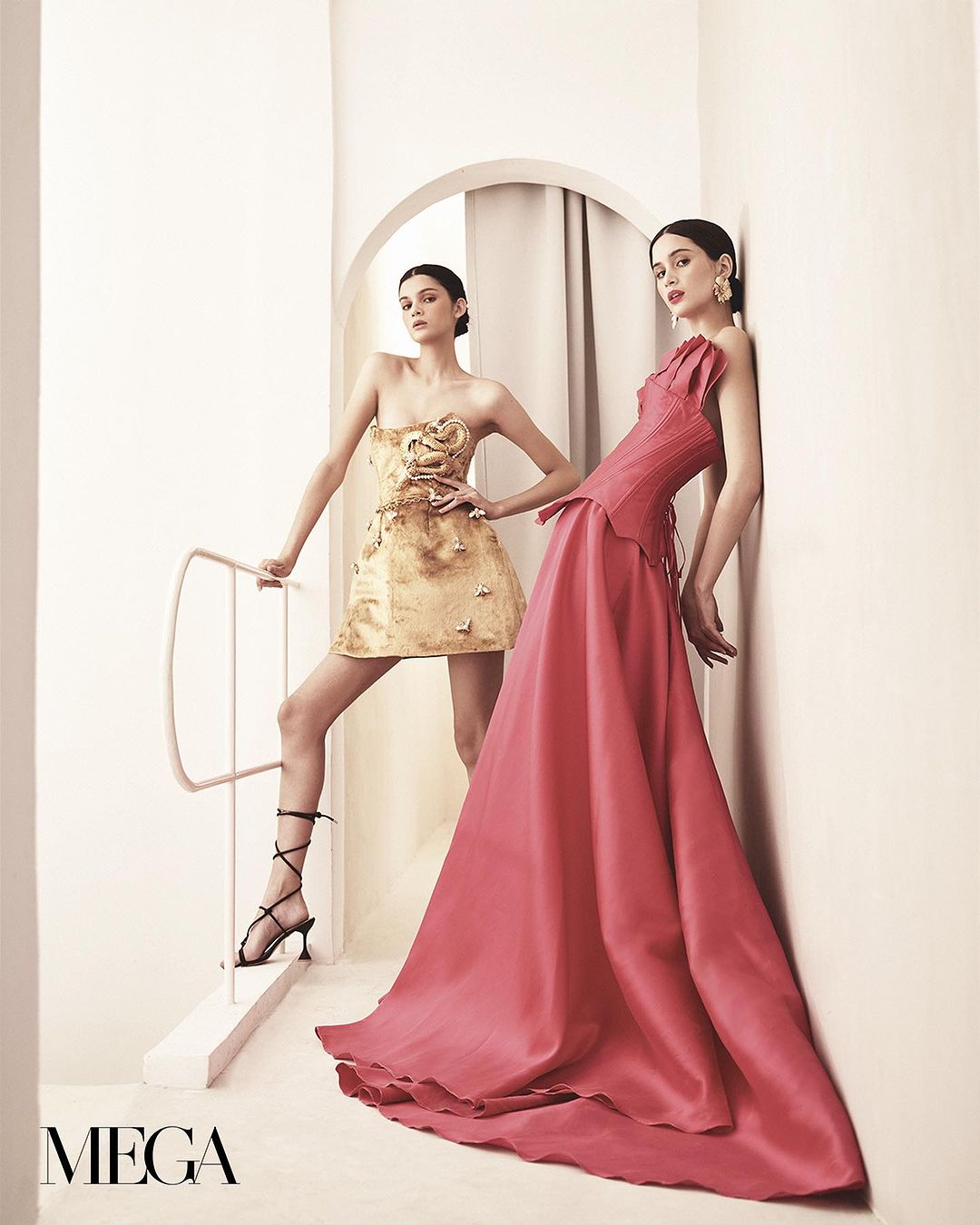
The intricate psychology at play rivals the complexity of the most meticulously designed garments. It’s a web woven with threads of desire, a ladder of status symbols, and a reflection of our identities through sartorial expressions. As you slip into that designer ensemble or admire a luxury brand from afar, you are becoming a character in a story that melds opulence with raw emotion. You can choose to embrace luxury, but do so with eyes wide open for every fashion choice tells a story of desire, aspiration, and identity. In this interplay between the mind and fashion, the psychology of high fashion unfolds as an anecdote of yearning, ambition, and self-discovery.
Photos: MEGA ARCHIVES
The post The Psychology of High Fashion and What Luxury Brands Tell Us About Ourselves appeared first on MEGA.
The Psychology of High Fashion and What Luxury Brands Tell Us About Ourselves
Source: Insta News Pinoy

0 Comments